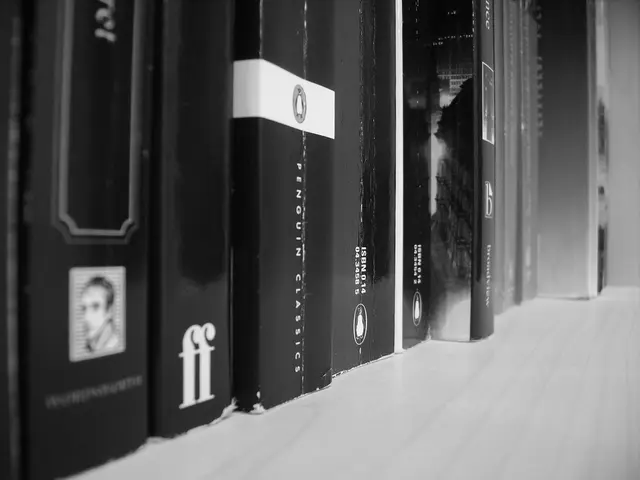The lingering tragedy of Ukraine's disregarded famine continues to cast a dark cloud
In the heart of Eastern Europe, Ukraine finds itself at a crossroads, with the challenges facing both Russia and the West leaving many of its people feeling overlooked and forgotten. This sense of neglect is not a new phenomenon for Ukraine, as the nation has a history marred by conflict and hardship.
One of the most devastating periods in Ukraine's history was the Holodomor, a man-made famine that struck the country between 1932 and 1933. Estimates suggest that between 2.5 and 7 million people lost their lives during this tragic event, with thousands of documented instances of cannibalism occurring.
The Holodomor was the result of decreased crop requisition, policies that restricted rations, and the seizure of food throughout the country. Stalin's policies required Ukraine to produce a third of the Soviet Union's grain stocks, even though it consisted of just a fraction of the union's arable land. Ukrainian peasants and collective farms who did not meet their grain quotas were severely punished, forced to turn over livestock or surrender up to 15 times the food they owed.
The Soviet government refused aid once news of the famine started to spread, contributing to the widespread death and starvation. The violence, hunger, and displacement of the Holodomor destroyed relationships, pitting neighbours against each other and stripping away the identity of the Ukrainian people. Ukrainian borders were closed, prohibiting starving citizens from leaving.
The Holodomor was a dark chapter in Ukraine's history, one that was forbidden to be spoken or written about until the Soviet Union broke apart in the 1990s. Today, however, the Holodomor is openly discussed, serving as a means for Ukrainians to commemorate the dehumanization they experienced during the period.
The question posed by both the Holodomor and the current Ukraine war is whether society is ready to listen to the plight of its brothers and sisters. Today, many areas in Eastern Ukraine face shortages of water, high food and medicine prices, and citizens hide and store food due to scarcity or theft. The violence, hunger, and displacement of today's Ukraine war make people fear the same kind of deprivation as during the Holodomor.
Social cohesion has eroded in the eastern part of the country, particularly between ethnic and language groups and between different religious groups. The current Ukraine war is causing fear of a repeat of the deprivation experienced during the Holodomor.
Countries that officially recognize the Holodomor as a genocide include Ukraine, Canada, and the United States. Other countries in Europe and around the world have also passed resolutions recognizing the Holodomor as a genocide against the Ukrainian people. The classification of the Holodomor as a 'genocide' is contentious, but it is recognized as a genocide by 24 countries, including the Vatican.
As the world watches Ukraine navigate its current conflict, it is essential to remember the lessons of the past and to listen to the cries of its people. The Holodomor serves as a stark reminder of the devastating consequences of neglect and indifference, and it is a call to action for the international community to support Ukraine in its time of need.
Read also:
- United States tariffs pose a threat to India, necessitating the recruitment of adept negotiators or strategists, similar to those who had influenced Trump's decisions.
- Weekly happenings in the German Federal Parliament (Bundestag)
- Southwest region's most popular posts, accompanied by an inquiry:
- Discussion between Putin and Trump in Alaska could potentially overshadow Ukraine's concerns







